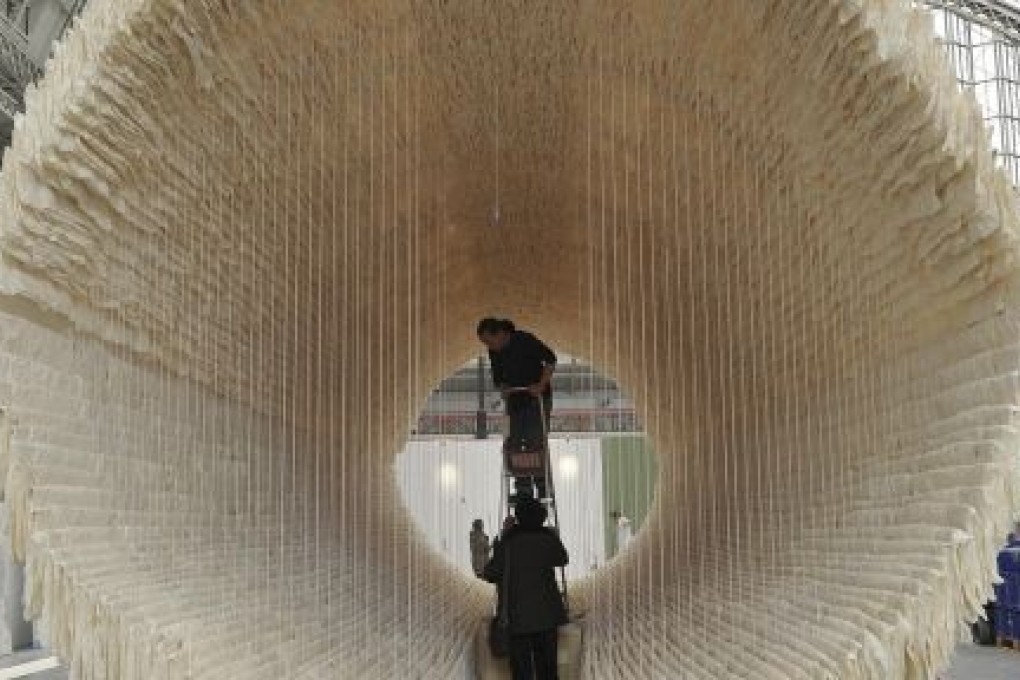Li's Shenzhen tour gives boost to China's innovators
Premier shows Beijing's growing support for designers and producers


In January, Premier Li Keqiang went on a three-day inspection tour of Guangdong province under the banner of promoting reform and structural adjustment to counteract a slowing export market and a stagnating domestic economy. Along with visiting Qianhai Webank, the mainland's first virtual bank; Huawei Technologies, a rising domestic tech giant; and the new Guangdong Free Trade Zone, the premier also made two stops at less typical locations: the Chaihuo makerspace and Seeed Studios, a hardware development platform for makers. Li's calls on Chaihuo and Seeed Studios show the nation's growing commitment to supporting grassroots innovation and the budding maker movement that is producing it.
The makers are a decentralised global community of do-it-yourself hardware designers, tinkerers, hobbyists, inventors, entrepreneurs, and other individuals who simply aim to make things. They tend to have a strong commitment to the open sharing of knowledge; open source design and code; cross-discipline collaboration, transparency, and reusing and repairing objects rather than buying new; and creating new things by building onto existing technologies.
“The maker movement is really not about a new industrial direction or strategy, but it's really about being able to be free to do something you're really passionate about ... Something you would actually spend your leisure time doing,” according to David Li, the founder of China’s first makerspace, Xinchejian. “And, if you can turn it into a business, great. If you don't, you still get something out of it.”
Silvia Lindtner is a professor at the University of Michigan who has researched the maker movement on the mainland. She says making is conceived of as “a new form of citizen engagement” and a “path to turn passive consumers into active participants in state affairs and the market”.
The maker movement is about the redemocratisation of technology, so that the public is again empowered to make, adapt, repair, and understand the things they use. In many ways, it is a throwback to an earlier era, when it was common for people to tinker around garages, repairing machines and tools for themselves, and building the customised contraptions they wanted but couldn’t get otherwise.
